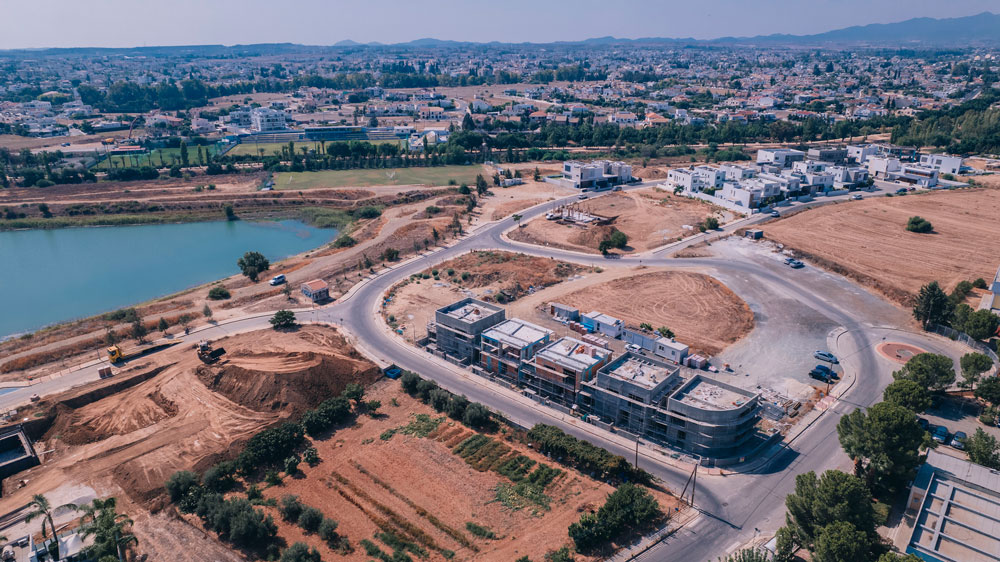Despite legislation recently introduced to fast-track permits for large construction projects, state services are ill-prepared to respond, argue developers.
Developers and industry stakeholders have welcomed the approval of a bill that facilitates licensing of strategic developments over €20 mln but maintain reservations regarding the project’s success.
They point out that “the backbone of the industry are everyday small investments”, which have doubled in the last three years, with government services unable to respond adequately.
In comments to the news site Stockwatch, the head of the Paphos Chamber of Commerce and Industry, developer George Mais, said the permit-granting system is not only lagging but has taken steps back.
“In the past, it was possible to secure a planning permit in five months at the latest.
“Today, with the situation at the relevant state agencies, we are lucky if a permit is issued after two or three years.
“All government services are understaffed, as a result of which an employee who deals with the licensing of a coffee shop is also dealing with investments of a few million”.
Mais doubted whether the new facilitation system for licensing multi-million developments would function in practice.
Managing director of Cyfield Group and member of the association of land development and construction entrepreneurs, George Chrysochos, said, “Large investments are only a small part of investment activity”.
“The last three years have seen an upswing in the construction industry across the board.
“However, government agencies are unable to respond due to understaffing and the lack of skilled personnel.”
In 2020 there were some 7,000 contracts signed for projects, while this year, the number is expected to reach 15,000.
“Contracts that need to be examined by experienced and specialised personnel”.
Chrysochos said the electronic application submission process, introduced to skip red tape, is far from helpful.
“It may take up to two months for an applicant to receive confirmation that their application has been received and another eight months for the case to be examined.
Meanwhile, the authorities have committed to issuing permits within 21 days.
The president of the Cypriot association of real estate appraisers, Polys Kourousides, argued that developers face similar problems with local authorities which also issue building permits.
“Delay in the issuance of a permit can overturn a developer’s entire plan, as buyers may back out by the time permits are finally issued,” said Kourousides.
He referred to a specific example of an application submitted to the municipality of Nicosia for a change of use from a residential development to an office.
“It took the municipality a year and a half to issue the permit for the change in use”.
The head of Cyprus’ Technical Chamber ETEK, Constantinos Constanti, believes that red tape issues would fade out with the planned reform of local administration, foreseeing the merger of municipalities and community councils.










